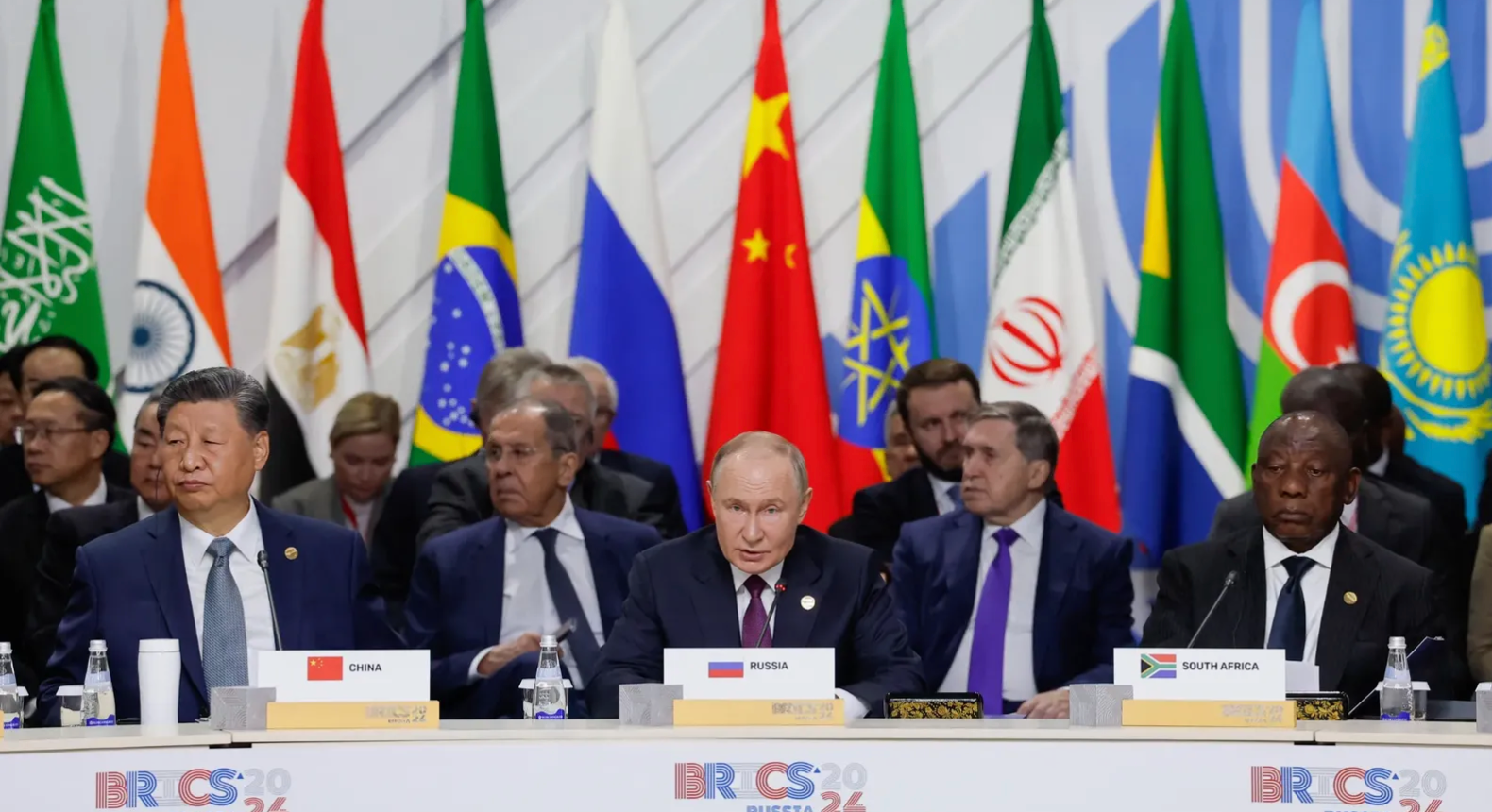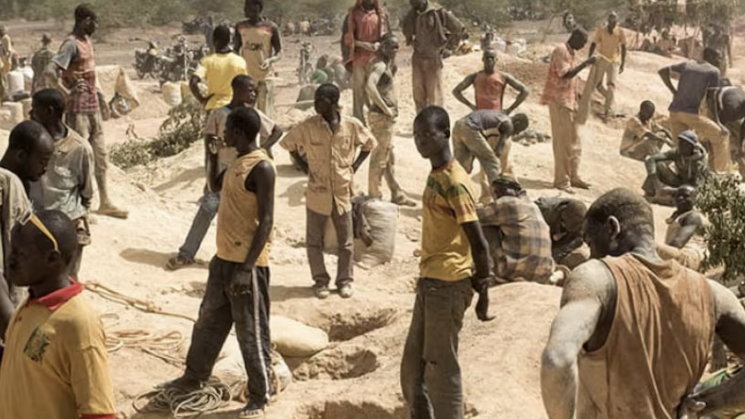
BRICS: Towards world peace or a fool's game?
As part of the world seems mired in endless conflicts, the BRICS, a club of emerging countries that have decided to shake up the codes of global governance, are reaching out to find solutions. At a recent summit in Brazil, these countries pledged to play an active role in resolving the conflicting tensions plaguing several regions of the planet. But can we really believe that these emerging powers, often caught up in their own internal turmoil, can bring about true world peace?
BRICS: A New Big Game
The annual BRICS meeting in Brazil highlighted the growing ambitions of South Africa, China, India, Brazil, and Russia. These economic giants are no longer content to play second fiddle on the international stage. They are seeking to take the lead and redefine the rules of the game, particularly in terms of diplomacy. With conflicts persisting on a global scale, one cannot help but wonder: are they themselves in a conflict of self-serving interests? In a world rife with rivalries, the prospect of BRICS cooperation for peace may seem, at first glance, paradoxical.
A helping hand or a gamble?
The BRICS are discussing the idea of using their collective influence to facilitate peace talks in conflict zones such as Syria, Ukraine, and the Sahel region. But who will really benefit from the BRICS's outstretched hand? In reality, this effort could be seen as a political gambit, a move aimed at strengthening their geopolitical position rather than resolving real crises. Some might argue that each member of the group has its own hidden agenda. Is cooperation between the Chinese giant and Russia truly selfless? Or is it just a fool's dance on the global chessboard.
The world's distrust: a test for the BRICS
This gathering in Brazil is also a crucial test for the BRICS. While the West is often at odds over human rights and democracy, these emerging countries aspire to bring an alternative voice to the international stage. But mistrust reigns. The countries they seek to provide a solution to are asking themselves: who are they to determine our future? The reality is that any BRICS commitment will be scrutinized. Will they be able to prove they can do more than just promises?
In short, the BRICS are at a critical juncture. Adopting a collaborative approach to conflict resolution could strengthen their respective positions, but it will require a genuine willingness to act and to overcome their personal interests. History has taught us that it is easy to promise peace, but much harder to deliver. All eyes are now on these heavyweights: will they be able to reverse the trend? Will they be willing to do so?



Leave a comment
This site is protected by hCaptcha and the hCaptcha Privacy Policy and Terms of Service apply.